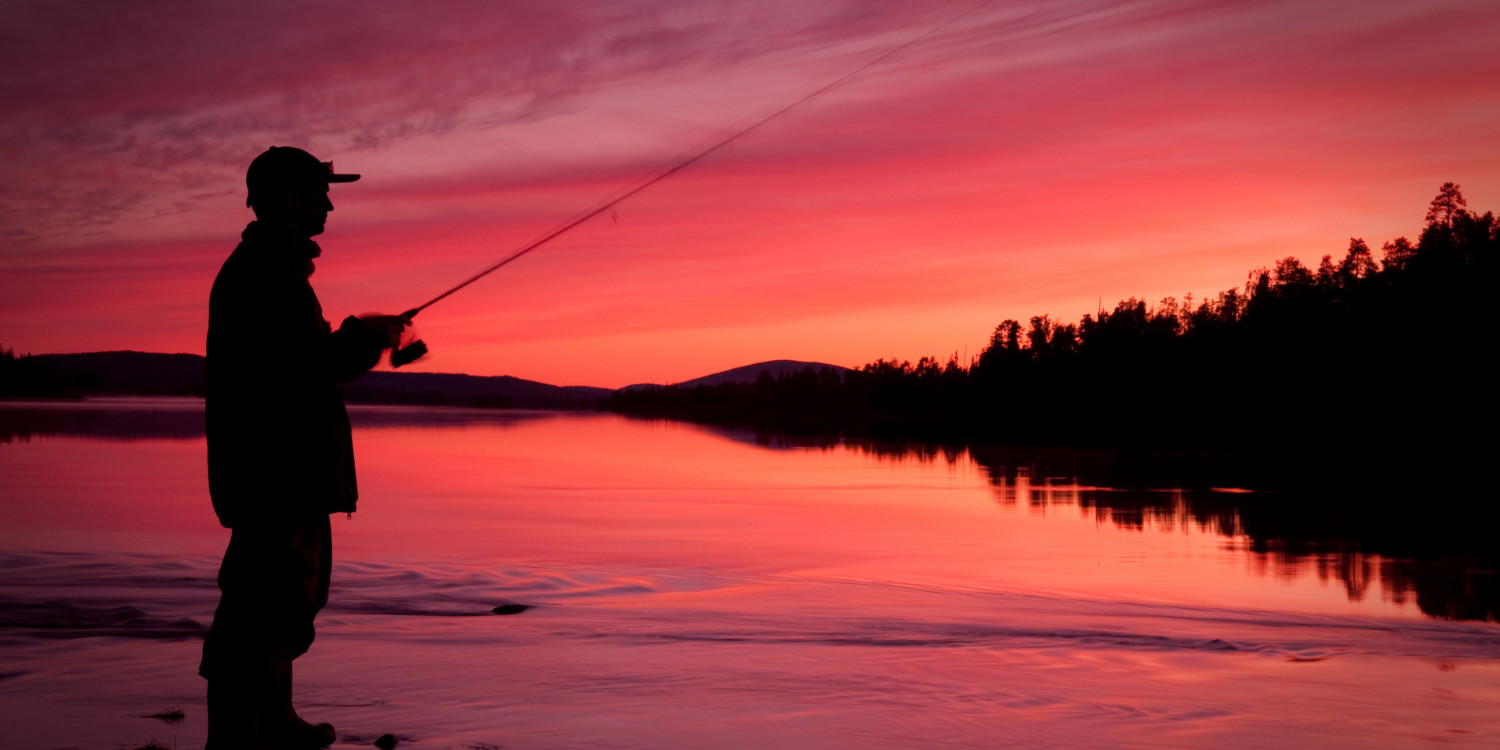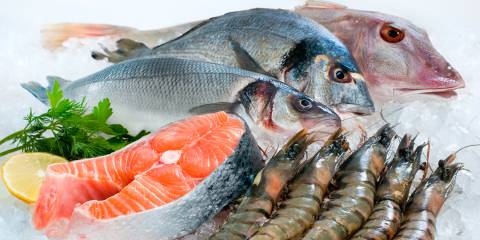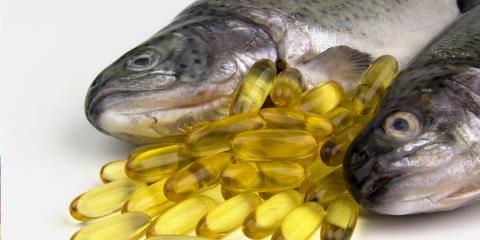I love shrimp, but buying them has been problematic in recent years. Most of what I see available is farm raised in a process called aquaculture. Some environmental groups say US-farmed shrimp are healthful and raised in a planet-friendly manner, but that we should avoid anything from Asia or South America. Other sources single out particular Asian or South American countries as having sound, sustainable aquaculture.
It’s not surprising many people assume any wild-caught sea creature is preferable to one raised on a “farm.” But guides like the Monterey Bay Aquarium’s Seafood Watch warn against all imported wild-caught shrimp and even some from areas in the States. They also promote farm-raised fish such as tilapia.
Seafood is a great source of protein, and most wild species provide the healthful fatty acids known as omega 3s. Farm-raised versions tend to be lower in omega 3s because their diets include vegetable matter instead of algae and aquatic plants. Wild salmon, for example, are more nutritious than farmed.
Many of the world’s great food species have been overfished, meaning they’ve been caught more quickly than they can reproduce on a long-term basis. Aquaculture will soon eclipse wild fisheries as the primary source of fish and shellfish worldwide, and that’s a positive development in many countries. There are difficult choices ahead, so your best defense is to be informed about the source of your dinner.
Visit the Monterey Bay Aquarium’s website for printable, pocket-sized versions of Seafood Watch. You can download an app there as well. Visit the sites listed below for additional seafood recommendations, information about fisheries and sustainability, and the state of the planet's oceans.
Get hooked on these sites:
- LivingOceans.org is Canada's largest marine conservation organization
- Sustainable Fisheries Partnership is a watchdog organization that monitors fisheries and aquaculture for their environmental impact.




